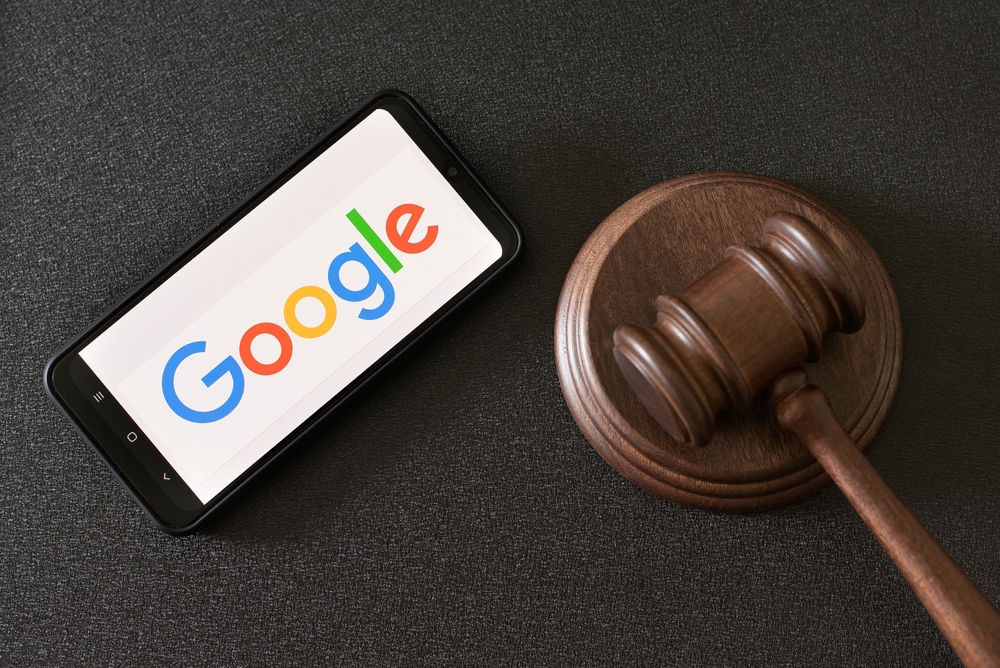Google is paying billions of dollars to secure its position as the default search engine on browsers and smartphones, creating a dominant market presence that bolsters its revenue while raising entry barriers for potential competitors. The U.S. government is vigorously defending this position in an ongoing antitrust litigation, marking one of the most significant legal battles in the technology sector in decades.

The Antitrust Hearing Unveiled
The trial is taking place in the Washington District Court and is expected to span ten weeks. On one side are representatives from the U.S. Department of Justice and a coalition of state attorneys general, while on the other side stands Google. The prosecution contends that Google maintains its web search market share through high entry barriers and a self-reinforcing feedback system. Google counters that phone makers choose its search service as the default option due to revenue-sharing agreements, emphasizing consumer choice.
Opening Statements and Positions
During the opening statements, both parties outlined their respective positions for the trial. The Justice Department has approximately four weeks to present its case, followed by the coalition of state attorneys general led by the Colorado attorney general. Finally, Google will present its defense.
The Justice Department cited internal documents from Google’s chief economist, Hal Varian, including a 2003 memo discussing barriers to entry. However, in court, the emphasis was on the idea that a quality product represents the most effective barrier. According to the Justice Department, Google commands an 89% share of the general-purpose search market, setting it apart from specialized search engines and leaving no viable alternatives.
Google’s Monopoly Scheme
Google maintains its dominant position through a closed-loop monopoly scheme, paying to have its system set as the default option. This strategy ensures more search queries, allowing the company to accumulate data, improve search quality, and increase profits, perpetuating its default status. The Justice Department alleges that Google values this position at $10 billion annually. Moreover, Google’s actions to limit Apple’s ability to develop competing products further strengthen its monopoly.
Pressures on Partners
Another pressure point is the Play Store, considered essential by Android smartphone manufacturers. Access is contingent on an exclusive revenue-sharing agreement. The prosecution also accuses Google of restraining Microsoft in the online advertising market, noting the search giant’s deletion of internal corporate messenger correspondence, confirmed by a court ruling.
Google’s Defense
Google’s spokesperson, John Schmidtlein, contends that the company’s search service’s popularity results from continuous product improvement rather than anti-competitive practices. He argues against drawing parallels to the Microsoft case in the 1990s, highlighting Google’s fight for the search service’s default status, compared to Microsoft’s forced bundling of its browser with Windows. Google is already testing a universal ad selection tool compatible with Microsoft’s platform in the online advertising market, suggesting competition prevails through advertiser choice.
Setting Google as the default search engine primarily benefits developers and manufacturers, notes NIXSolutions. Mozilla, for instance, switched from Google to Yahoo! in 2014 but reverted to Google three years later, citing a “better experience.” Revenue-sharing agreements with Android smartphone manufacturers contribute to product quality improvements, reinforcing their competitiveness against Apple.
